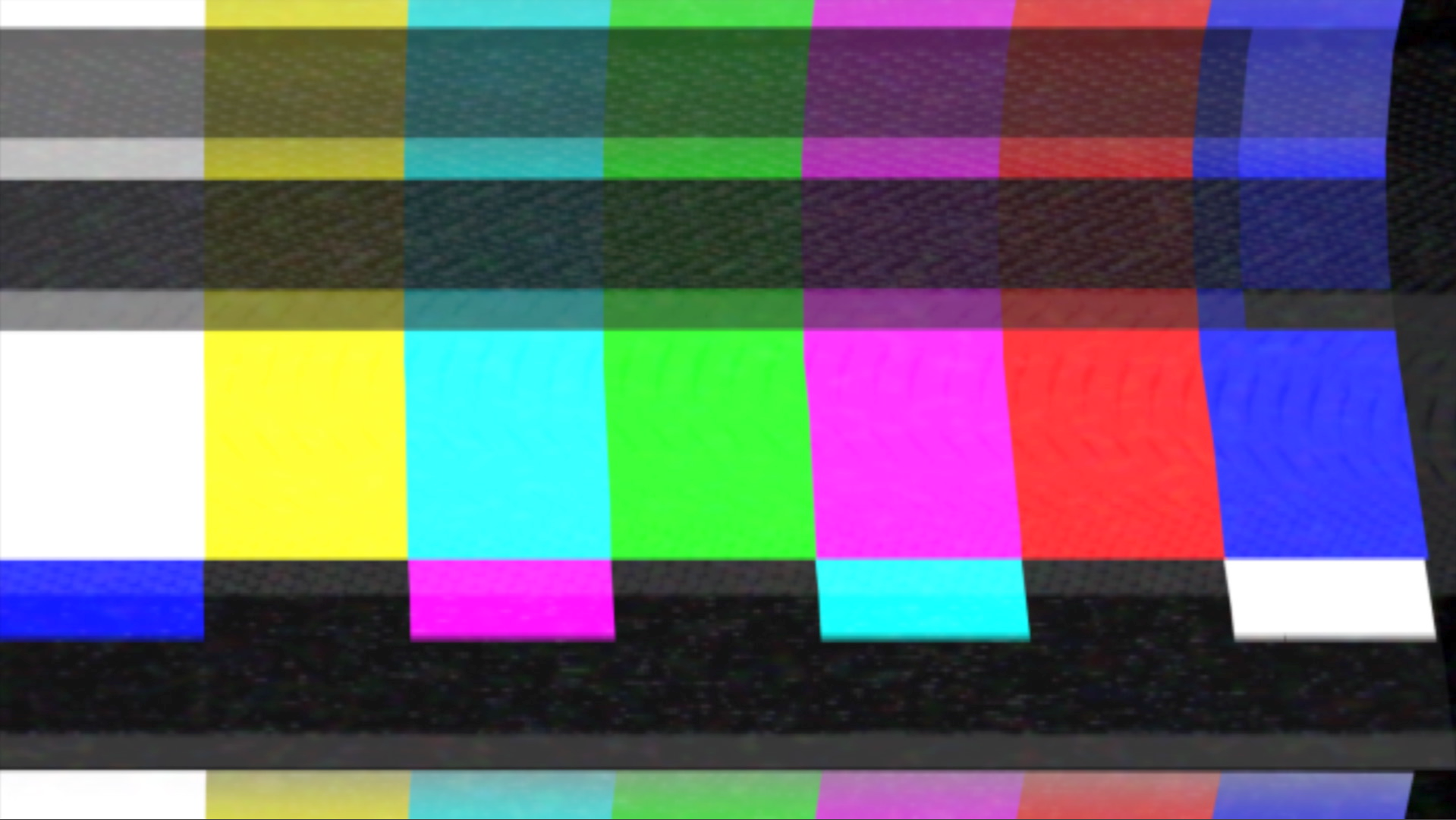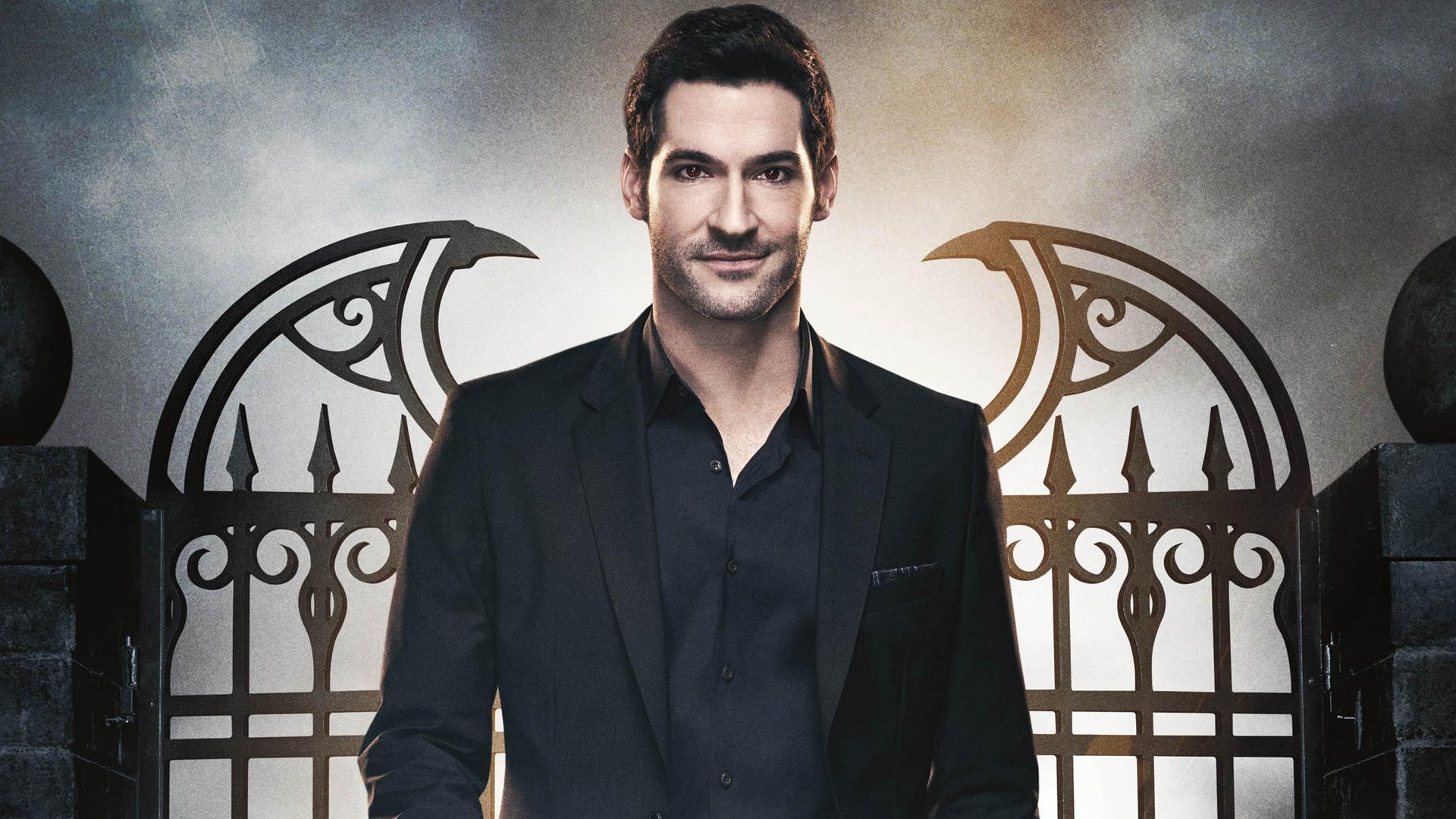FAQ+: Tunefind Talks Score Music’s Subtle Variations
Music plays a critical part in enhancing our emotional connection to the stories being told on-screen. The influence of music is powerful; from riveting chase scenes to profound on-screen moments about love and loss, a well-placed song makes these moments all the more potent. Well-placed music is one thing, but consider the original compositions created to score a TV show, movie, or video game. As the internet’s best source for TV, movie, and video game soundtracks, Tunefind includes sync placements and score music to be the most comprehensive music source. Tunefind’s community of music enthusiasts knows that the instrumental tracks heard on-screen are equally important to the storyline and pace of any given entertainment experience. Our community often takes the time to meticulously list the score music in addition to the attention-grabbing sync placements. Keen-eared fans and users of Tunefind have occasionally uncovered a curious phenomenon: the score music they hear on-screen sometimes sounds different from the tracks released on the official score album. In this entry of Tunefind’s FAQ+ series, we discuss the often subtle reasons behind these variations and delve into the delightful complexities of score music.
Intricate Instrumentals
A film or television program’s score acts as the unseen thread that runs through it, enhancing the visual narrative and creating powerful emotions. Score music creates the atmosphere, heightens the dramatic tension, and influences how we perceive the story as it develops through the careful choice of instruments, melodies, and harmonies. The original score is written by the program’s composer, commonly with an orchestrator’s assistance. Composers create a musical soundscape that supports the director’s vision for the story being told on-screen.
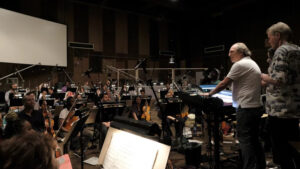
The process of composing score music is fluid and adaptive. Composers frequently have to complete their pieces under a deadline, which calls for quick-thought and improvisation. The score can undergo real-time adjustments to coordinate with the action on-screen as the composers write in response to the picture. The timing and organization of score cues can also be affected by the final cut of a movie or TV show, which may result in differences between on-screen sounds and score album releases.
Creative Compositions
The elements that make up a score can change. Over time, composers may alter or rethink their music, resulting in differences between on-screen and score track releases. The final score may also be affected by group decision-making during post-production. Together, directors, producers, and composers make decisions that best support the visuals’ emotional effect and narrative. In addition, the reception and feedback from the audience might motivate composers to produce new or revised works for subsequent releases.
This can often be observed when pieces of music are composed as a character theme that ends up being recycled throughout a film or TV series. Character themes have a distinctive place in the world of scoring music. These melodic patterns develop into musical characteristics that symbolize the character’s personality and journey across a story. The same character theme may appear more than once, yet attentive listeners will hear slight variations each time the theme reappears. This deliberate technique enables composers to adjust the theme to fit the character’s emotional journey or the context of a particular scene. The theme may be portrayed in various tempos, instrumentations, or harmonies to reflect the character’s growth, evolution, or obstacles. These subtle changes give the character’s musical identity depth and complexity.
A Familiar Form
Sometimes composers may incorporate elements that require separate permissions, such as samples or pre-existing compositions from other movies and TV shows. The process of obtaining the rights and clearances for score music can be complex. Due to their complexity, these rights may be altered or excluded when an album is released, meaning that the music you heard on-screen may not be licensed for a score album release. Composers and music supervisors put in a lot of effort to establish a careful balance between artistic vision and legal obligations, making sure that the score fits within the production’s licensing abilities.
The Climatic Crescendo
Variations between on-screen versions and score album releases are common in the realm of score music, where creativity and logistics often converge. Accepting the ever-changing nature of the creative process and appreciating the nuances that shape these differences is part of a fans musical journey. The fascinating force of score music endures despite variations, enhancing our viewing experiences and leaving a lasting impression on our memory. Tunefind continues to highlight the eclectic world of cinematic soundscapes and invites fans to delve into the captivating world of score music. Check out some Tunefind’s most popular composers and score albums below!



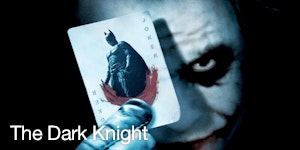

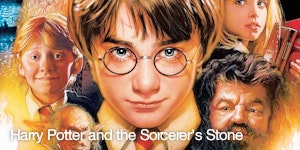
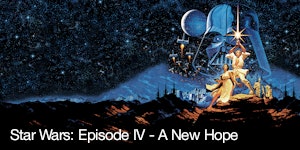
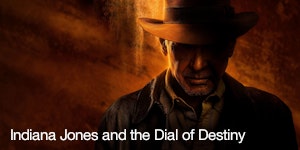

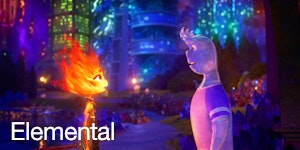


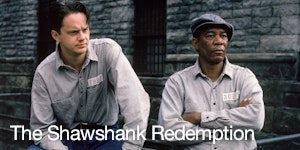


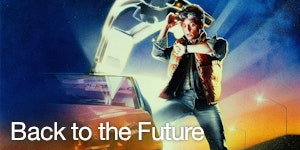
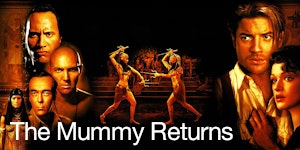

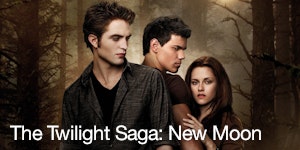
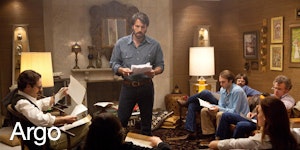
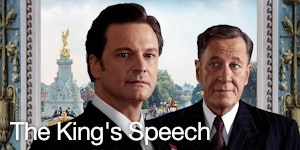


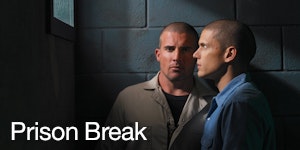



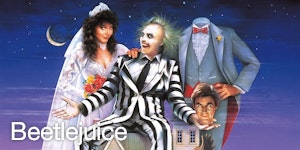
&txtalign=bottom,left&txtsize=24&txtcolor=FFFFFF&txtshad=2)
&txtalign=bottom,left&txtsize=25&txtcolor=FFFFFF&txtshad=2)













